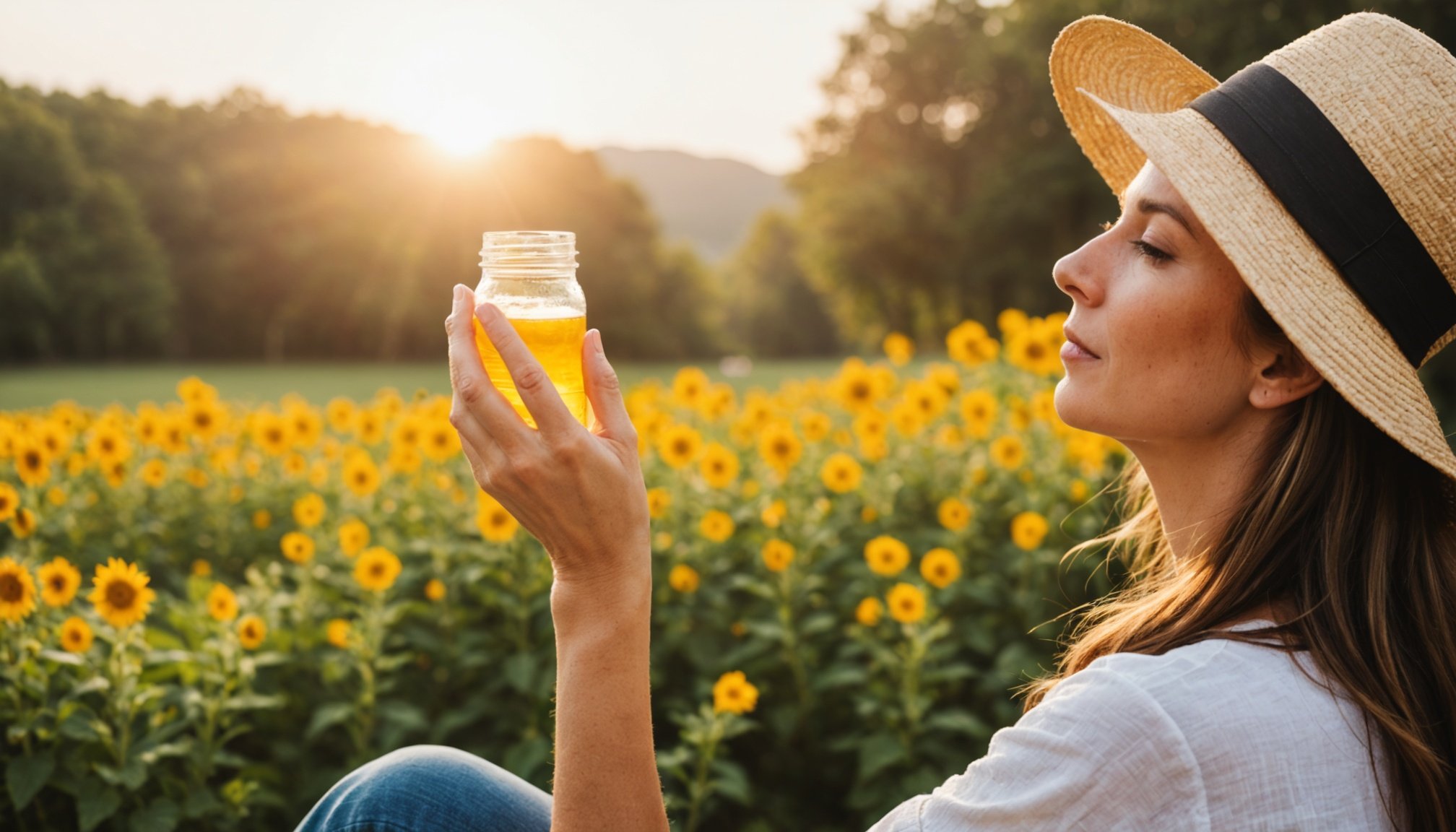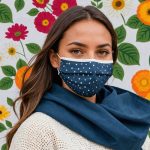Effective Natural Remedies for Sunburn Relief
Experiencing sunburn can be both painful and frustrating. Fortunately, there are numerous natural sunburn remedies that can offer relief. One popular choice is aloe vera, renowned for its cooling and soothing properties. Applying aloe vera gel directly onto the affected area can help reduce redness and discomfort. Coconut oil is another beneficial option. It acts as a moisturizer, helping to rehydrate and heal damaged skin. For maximum effectiveness, gently massage a small amount onto the skin and allow it to absorb fully.
Oatmeal is also a fantastic home treatment for sunburn. Adding ground oatmeal to a lukewarm bath can soothe irritation and reduce inflammation. For best results, soak for 15-20 minutes to fully benefit from its calming properties.
Also read : Create your custom herbal bath soak: a soothing recipe for luxurious skin hydration
While these natural treatments can provide relief, it’s essential to manage expectations. Aloe vera and coconut oil might offer immediate soothing effects, but complete healing may take a few days, depending on the severity of the sunburn. Oatmeal baths can deliver a more immediate reduction in irritation. Remember, consistency in application is key to achieving the desired results. Always listen to your body’s needs and adjust treatments accordingly.
Step-by-Step Guide to Using Home Remedies
Navigating home remedies for sunburn doesn’t have to be daunting. Let’s explore user-friendly methods that prioritize safety and effectiveness.
Additional reading : Travel light and stylish: your comprehensive guide to creating an eco-friendly capsule wardrobe
Preparing the Skin for Treatment
Before applying any sunburn treatment, ensure the skin is clean. Gently cleanse the affected area with lukewarm water, avoiding harsh soaps that can aggravate irritation. This step ensures ample absorption of subsequent remedies.
Applying Remedies Safely
When applying treatments, adopt safe application techniques. Use clean, soft cloths or non-abrasive cotton pads to dab remedies onto the skin. Test a small skin patch first, especially if your skin is sensitive. Doing so minimizes the risk of exacerbating irritation, securing the best results.
Hydration and Skin Protection Strategies
Hydration is key in a comprehensive sunburn treatment guide. Drink plenty of water and use moisturizers that contain aloe vera or calming ingredients to keep the skin hydrated. After applying remedies, protect your sunburned skin from further damage. Wear loose clothing and avoid direct sunlight. Employing these strategies not only speeds healing but preserves the skin’s moisture balance, enhancing overall recovery.
Safety Considerations and Effectiveness
When addressing sunburns, understanding potential allergies and skin sensitivities is essential. Some individuals may react adversely to certain natural remedies, such as aloe vera or essential oils. Engaging in a thorough risk assessment beforehand ensures any treatment aligns with your skin’s unique needs. This is particularly important for those with pre-existing skin conditions or previous allergic reactions.
In comparing the effectiveness of natural remedies versus over-the-counter products, it is critical to assess their efficacy and safety profiles. Natural remedies often offer a gentler approach, focusing on soothing and healing with fewer synthetic ingredients. In contrast, some over-the-counter products are formulated for rapid relief and may contain active ingredients like hydrocortisone, which might be more effective for severe burns. While both approaches have their merits, individual preference and skin response play significant roles in choosing a suitable remedy.
Keep an eye out for symptoms that indicate the need for medical attention, such as severe blistering, intense pain, fever, or signs of infection. Prompt medical intervention can prevent further complications and ensure proper healing. Understanding these symptoms helps in differentiating between cases manageable at home and those requiring professional care.
Tips for Sunburn Prevention and Aftercare
Daily practices can significantly impact your skin’s health, so incorporating effective strategies is crucial. To achieve optimal sunburn prevention, make SPF a part of your morning routine. Choose products with a minimum SPF of 30 and reapply every two hours, especially after swimming or sweating. Pair this with sun-protective clothing, such as wide-brimmed hats and UV-blocking sunglasses, to shield sensitive areas.
When it comes to aftercare advice, addressing sunburn promptly can improve comfort and facilitate healing. Cool baths are soothing, while aloe vera gels can hydrate and calm inflamed skin. Additionally, over-the-counter anti-inflammatory medications can ease pain and swelling. Ensure adequate hydration, as increased water intake assists the body’s natural repair mechanisms.
For sustained long-term skin health, adopting preventive habits is essential. Regularly inspect your skin for any changes that may require medical evaluation. Engaging in broader lifestyle changes, like avoiding sun exposure during peak hours and ensuring a balanced diet rich in antioxidants, can contribute to lasting skin resilience. By prioritising comprehensive prevention and aftercare, the journey toward maintaining healthy skin becomes not just doable, but empowering.
Personal Testimonials and Expert Insights
In the world of sunburn experiences, personal stories often highlight the value of effective home remedies. Many have found success in soothing sunburns with simple ingredients found at home. Community feedback revealed that ingredients like aloe vera gel and coconut oil are regular go-to solutions. These stories not only offer practical suggestions but also create a sense of unity among those who have battled with painful sunburns.
Dermatologists provide an authoritative voice in managing sunburns. Their expert advice typically stresses the importance of acting quickly. Applying a cold compress, moisturising with fragrance-free lotion, and staying hydrated are steps frequently championed by professionals. These strategies help minimise discomfort and encourage healing. By consulting the experts, individuals can make informed decisions that optimise recovery.
Sharing personal narratives and expertise builds a knowledge bank accessible by anyone seeking relief. This community-based approach empowers individuals to experiment with different remedies safely. In conclusion, blending community feedback with expert advice creates a comprehensive toolkit for managing sunburns effectively. As solutions are shared, no one need feel isolated in their quest for relief.











